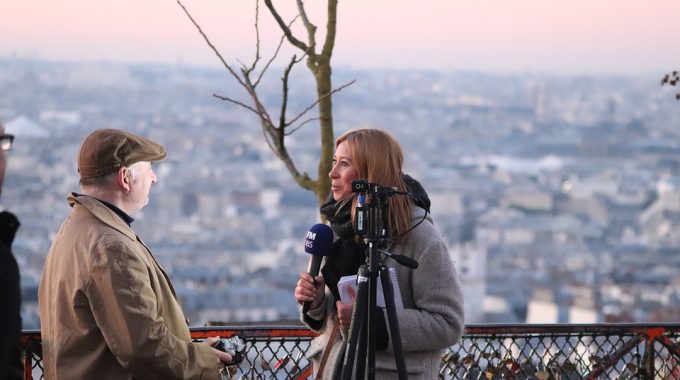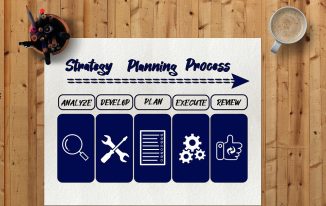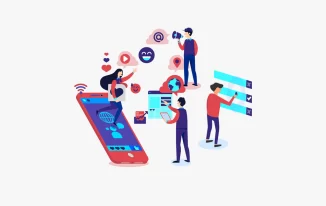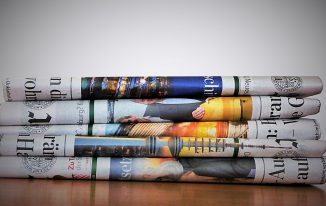Information is not simply born. Nor does it have feet to walk up to you.
Ever since the dawn of journalism, reporters have been collecting and gathering information to present to a heterogeneous audience. And, one of the techniques includes interviews.
What is a journalistic interview?

In the world of journalism, an interview simply refers to the process where a journalist interacts and asks questions to people who have relevant facts and information, crucial for the news story. Known as one of the intimidating tasks, the journalist has the responsibility to use their skills to make the interviewees open up. They have to try their best to dig in information, explanations and opinions.
What are the different types of interview?

- The informative interview (or interview – survey): When an actor of social life reveals or says more about the projects and decisions in its area of operation.
- The documentary – When a specialist/ an expert explains a fact, a situation, a problem, a technical data to help the audience to better understand.
- The witness interview (or interview – report) – An actor or a witness tells a true story or the circumstances of an event they attended.
- The portrait interview (or interview – meeting) – A man or a woman, known or anonymous, reveals all or part of his/her personality traits.
- The interview of opinion – The interviewee gives notice, agrees, states his opinion on a current event.
- The reaction type – This is when a person questions their book briefly or questions are asked to obtain a reaction to an event or situation.
Tips on how to prepare for an interview:

A journalist cannot know what kind of difficulties he or she will be faced with during an interview. It might be the use of technical terms, poor organization of questions, a lack of preparation or the inability to ask questions at the right time. And, in the end, many end up cursing themselves for their unprofessionalism.
My fellow friends, if you want to avoid such a situation, follow these tips below:
- You will have what is called a preparation time. So, make the most use of that time by digging into the background of the subjects. If it’s a company, check out their company website or if it’s an individual, take a look at their social media accounts.
- Once the research stage is over, try to arrange a quiet location with no background noise and zero interruptions. I know it’s rare to find that kind of perfect location, but at least try to avoid areas near bustling restaurants and busy streets.
- Now, if you consider the current pandemic situation, you won’t have any other choice than to arrange for an online Zoom meeting.
- Write down all the questions that you plan to ask the interviewee. More information is given below.
Tips for the question time:
- Try to memorize your questions for the interview to be more natural.
- Choose direct and authoritative questions.
- Go for short and neutral at the beginning and try to keep contentious issues for the end.
- Never ask questions that could be answered by a simple documentation.
- Personal questions can also be useful as these type of answers may help humanize the interview to some extent.
- It may be necessary to break the formatted speech of the interviewee.
- You can specify that the readers will be waiting for an answer on a particular point. Trust me, this will require the interviewee to answer!
Additional points to be noted:
- What is new?
- Everything that concerns the reader
- Not only the speech but the atmosphere and body language
- Punch lines and impressions
- Facts and figures (do not hesitate to confirm)
- Names (with the correct spelling)
- Dates
- Anecdotes, past experiences and comparisons
- Create a list of abbreviations to make it easier to note down
Today, we learned about interviews. What say, if tomorrow we learn about reporting?




